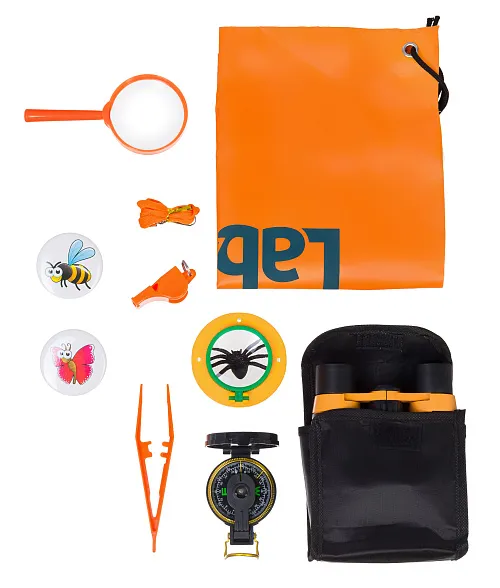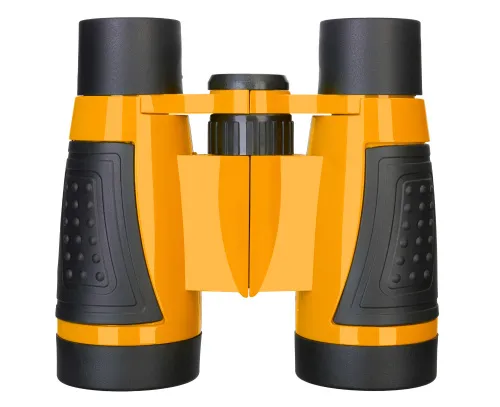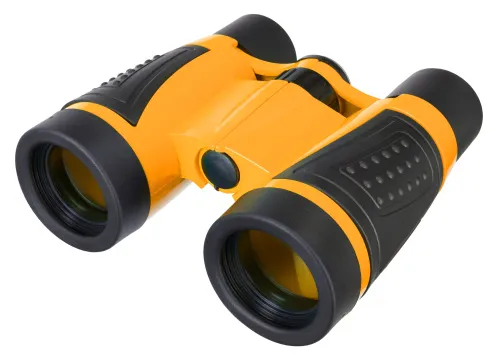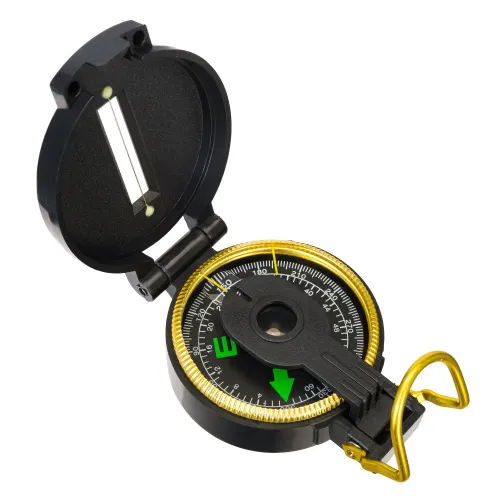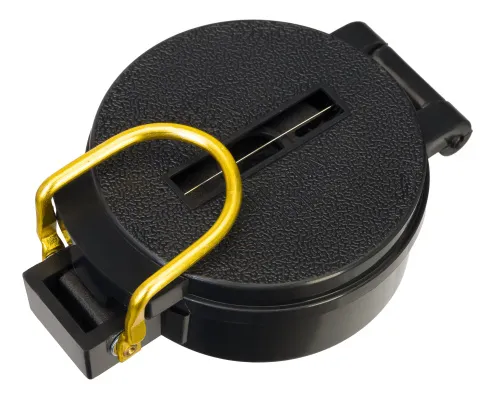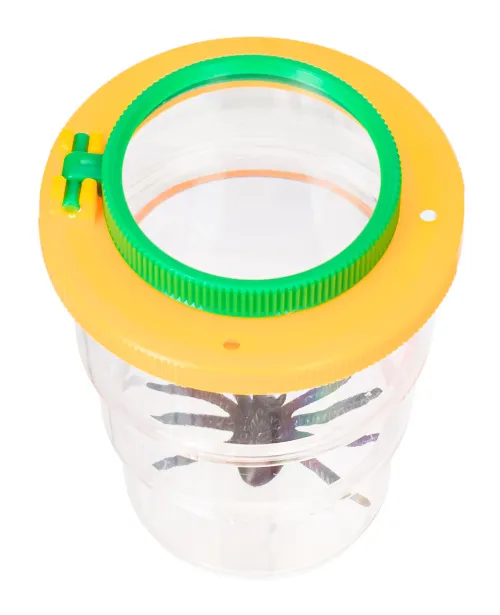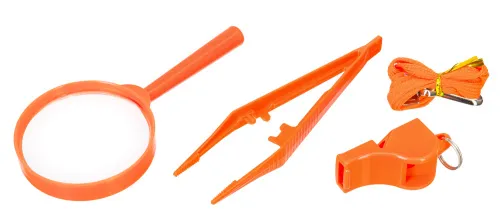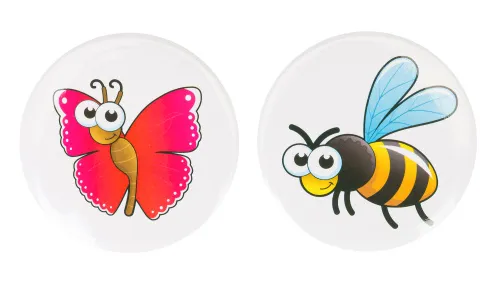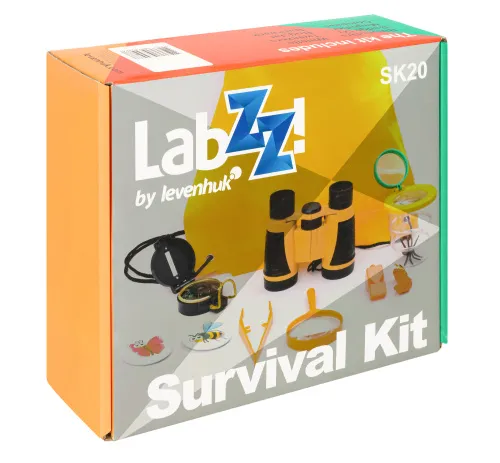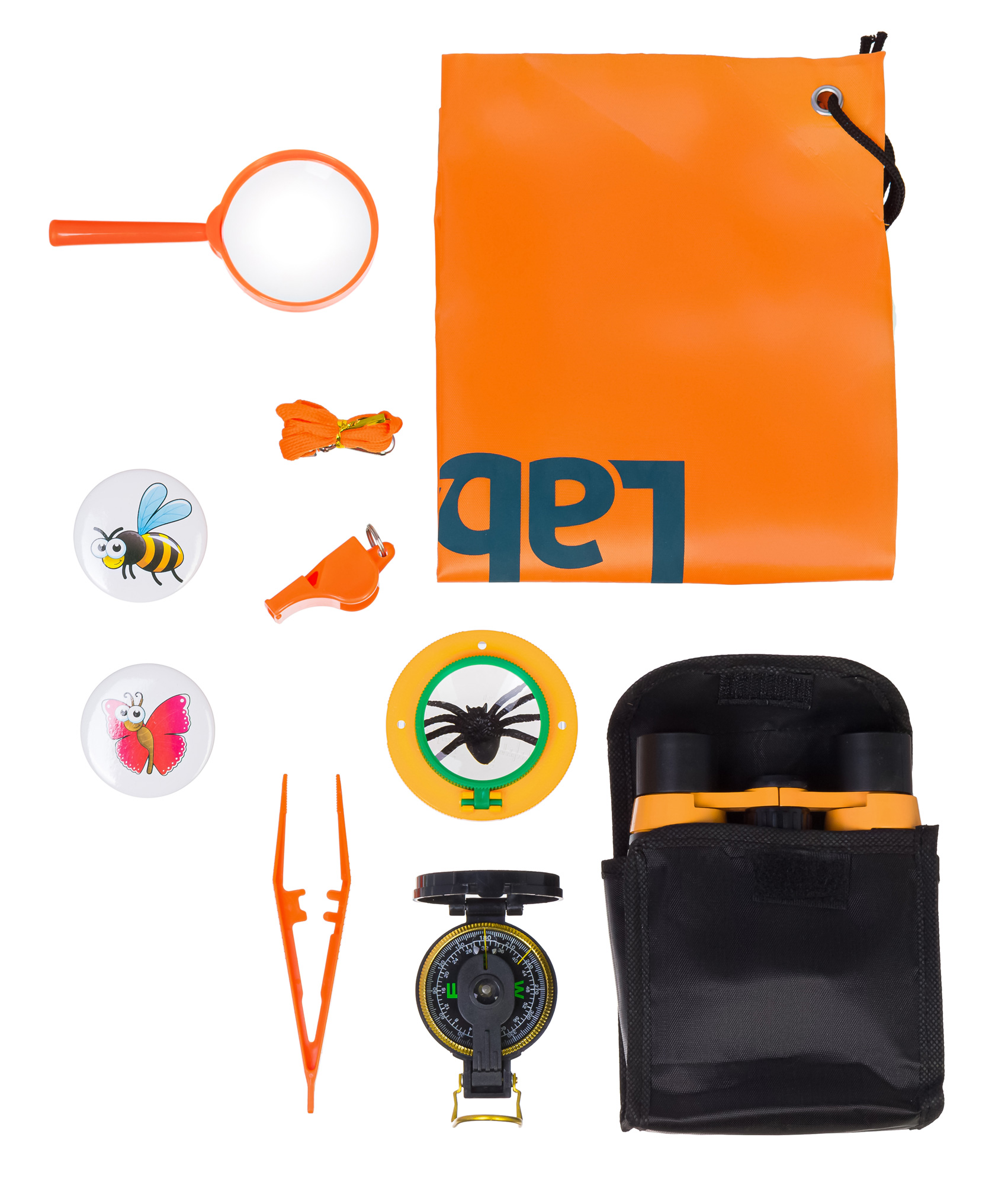Levenhuk LabZZ SK20 Survival Kit
Binoculars, magnifier, bug can, compass, tweezers, whistle, backpack
| Product ID | 79674 |
| Brand | Levenhuk, Inc., USA |
| Warranty | lifetime |
| EAN | 5905555011554 |
| Package size (LxWxH) | 20x17x6 cm |
| Shipping Weight | 0.46 kg |
The Levenhuk LabZZ SK20 is a kit designed for young explorers and travelers that will make your kid feel like a real pathfinder. This kit turns an ordinary trip to the countryside or a walk in the park into a fascinating entomological expedition. The kit includes tools for terrain orientation and survival in the wilderness as well as special gear for the aspiring biologists.
The Levenhuk LabZZ SK20 hiking equipment includes a tourist compass and roof binoculars for you to get directions during a hike or just master orientation skills during a vacation in the countryside. The kit also has a whistle for sending signals. For studies of fauna, the kit offers a bug can for viewing insects, the entomological tweezers with large comfortable jaws and a stopper, and a hand magnifier.
All of the colorful accessories come in a bright mini-backpack. Therefore, no young explorer will lose them in a bush or the sand. The additional badges with the image of insects will please even the youngest naturalists.
Key features:
- All-purpose kit for the young naturalist
- It is a great tool for mastering the skills of both a hiker and a researcher-biologist
- The accessories come in a useful and practical backpack
- Thanks to the bright color, the items are easier to find if they get lost
The kit includes:
- Binoculars
- Magnifier
- Bug can
- Compass
- Tweezers
- Whistle
- Backpack
- Badges with insects – 2 pcs.
- User manual and warranty card
| Product ID | 79674 |
| Brand | Levenhuk, Inc., USA |
| Warranty | lifetime |
| EAN | 5905555011554 |
| Package size (LxWxH) | 20x17x6 cm |
| Shipping Weight | 0.46 kg |
| Type | explorer kit |
| Functionality | compass, whistle, magnifier, binoculars, tweezers |
| Application | nature study |
| Binoculars specifications | |
| Prism type | roof |
| Interpupillary distance, mm | adjustable |
| Focusing | central |

